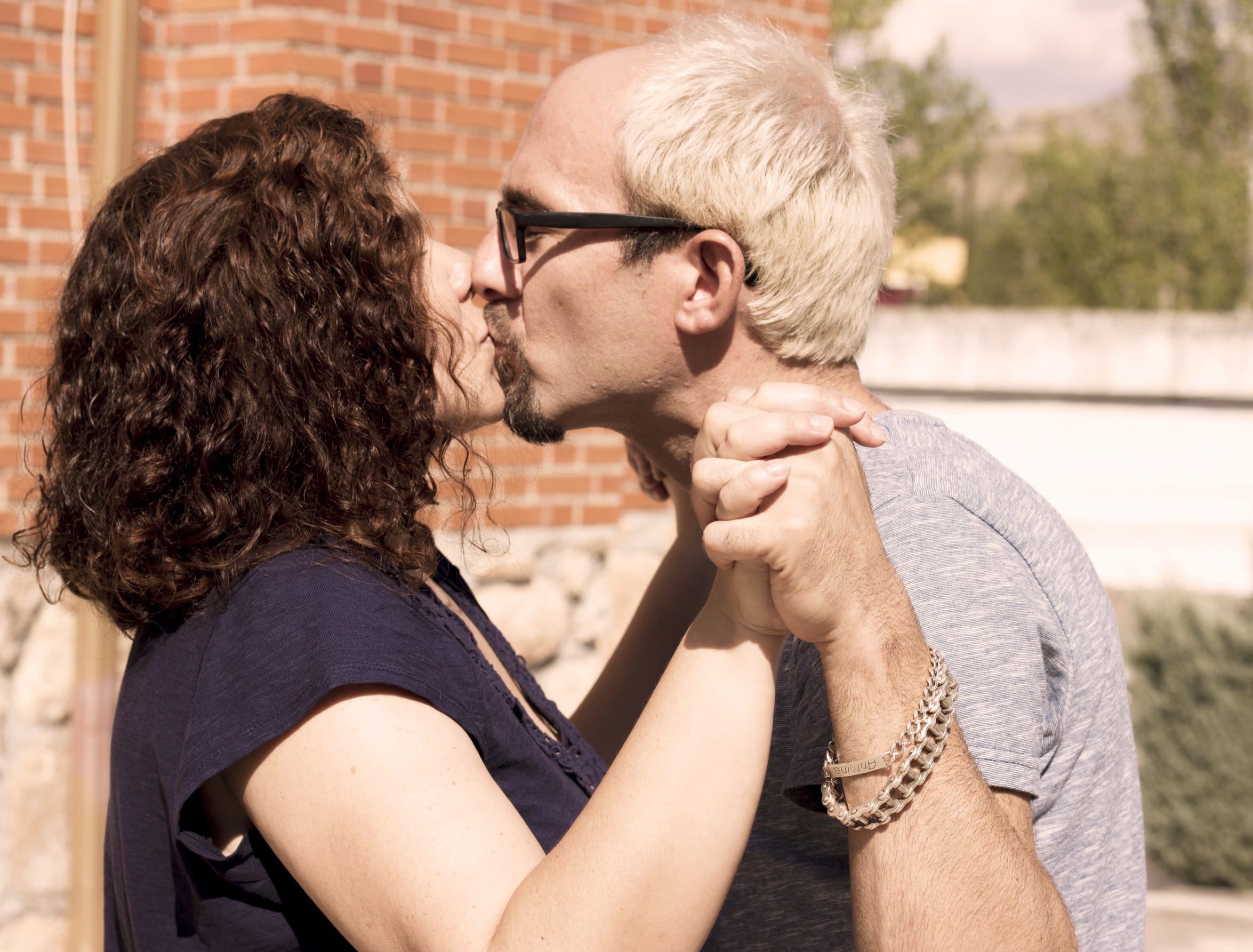How Much of an Age Difference Is Too Much in Relationships?
Have you ever wondered if a ten-year age gap is too much? Age difference relationships raise questions about compatibility, goals, and long-term happiness. Couples often struggle with generational quirks—from music tastes to retirement plans—and addressing them early can save heartbreak. Whether you’re in your 20s or 50s, understanding the impact of an age gap helps build stronger bonds. This article explores expert insights, surprising statistics, and practical tips to help you navigate age difference relationships with confidence.
Why Age Difference Relationships Matter More Than You Think

One Year May Be the Sweet Spot
Research shows couples with just a one-year age difference have about a 3% divorce rate, the lowest overall. That tiny gap means you’re likely in the same life stage—career, social circles, energy levels—making alignment easier. A zero-to-three-year difference remains the “golden zone” for many experts. With just a few years apart, communication flows naturally and planning—vacations, finances, family—feels synced. So if compatibility matters most, sticking close in age is a smart strategy.
Risks Grow With Sizeable Gaps
Studies show a five-year age gap increases divorce risk by about 18%, and a ten-year gap jumps that to 39%. Differences in life goals often emerge—parenting timing, career ambitions, retirement dreams. Generational gaps can lead to friction, whether in money, energy, or health expectations. Partners may feel disconnected if one is entering peak career while the other explores empty-nest life. While not impossible, age difference relationships of this size demand deliberate alignment.
Large Age Gaps Carry Unique Benefits and Challenges
Couples with 10+ year gaps report both richer connection and deeper learning. Older partners often bring emotional maturity and financial stability; younger ones offer fresh energy and new cultural insights. Still, differences in social roles, health outlooks, or career stages may surface. Older partners may face age-related health care earlier, while the younger ones are just getting started. These age difference relationships can succeed when both partners openly discuss life stages and support each other’s needs.
Intentional Communication Bridges the Gap
Experts emphasize that what matters most in age difference relationships is clear communication. Discuss nonnegotiables early—kids? Finances? Retirement timeline? It’s wise to talk about potential power imbalances or societal judgments up front. Embrace differences—exchange music playlists, learn about each other’s history. That curiosity builds respect and connection. Age is just one factor—you’re not dating a decade; you’re dating a person.
Societal Norms Still Shape Our Views
Despite progress, large age gaps often face judgment. Twins plus IVF isn’t as controversial as “when will you retire?” or “when did you start dating?” But age difference relationships are gaining acceptance, especially for women dating younger men or men dating younger women. Reality shows and movies showcase positive experiences, normalizing what once was taboo. Still, couples should bond over shared values first, whether their ages are similar or not.
Life Stage Sync Is Key
One of the biggest challenges in age difference relationships is syncing life rhythms. A twenty-five-year-old may crave spontaneity; a thirty?five?year?old may prioritize stability. Twenty years later, one partner may be eyeing retirement while the other continues working. Discuss each partner’s long-term goals and adjust timelines flexibly. Couples who sync calendars rarely find age holding them back.
Power Dynamics Can Shift Over Time
In large age difference relationships, one partner may hold more life experience, money, or emotional maturity. That creates a potential power imbalance, especially if one relies on the other financially or emotionally. But healthy relationships can manage this by keeping decision-making equal. Both partners should feel safe voicing their needs and making choices. Transparency about finances, boundaries, and values keeps the relationship balanced.
Practical Tips That Strengthen Any Couple
Want a solid roadmap for age difference relationships? Start by scheduling intentional conversations: career, health, finances, and future planning. Be open about expectations—kids, aging parents, retirement location. Find shared hobbies or cultural interests to span generational gaps. Validate differences instead of dismissing them—be curious, not critical. Finally, stay flexible: life changes, and so will conversation needs.
Age Difference Relationships: It’s More Than Just a Number
Age difference relationships can work beautifully—or struggle—based on how aligned partners stay, not simply on how old they are. Whether you have a one-year gap or twenty, thoughtful communication, shared goals, and respect for each other’s stages matter most. Use age as context—not excuse—for open conversations, curiosity, and shared planning. After all, compatibility is more than chronological proximity—it’s emotional proximity too.
Have you been in an age difference relationship or seen one thrive? What advice would you offer based on your experience? Share your thoughts below!
Read More
